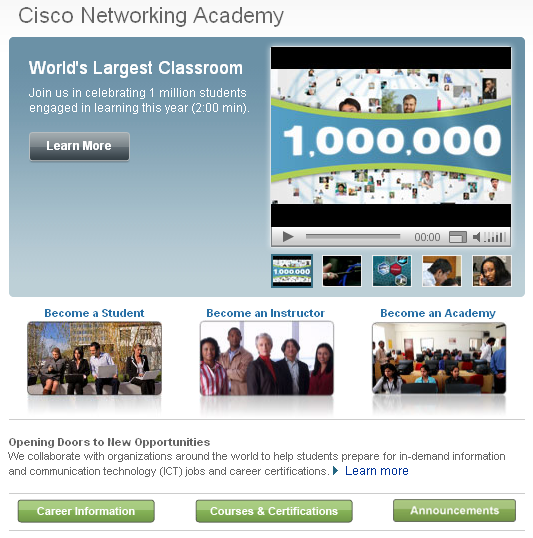The Driving Force Of Tech Marketing In This Decade: Education
If the overarching tech marketing theme in the ’90s was all about marketing as branding, and in the ’00s, marketing as lead generation, then the ’teens are shaping up to be about marketing as education. But not about educating customers about your product, per se. No, what I mean is educating customers about the business process/function and best practices that underlay your product, i.e., that your product supports.
In our recent B2B Social Technographics survey, fielded in Q1 2011, we asked customers, “Which are the most important vendor action factors when selecting the best vendor for a technology purchase?” By far, the No. 1 response was “how well the vendor can supplement our knowledge on the business process/function its product/technology supports.” [Other response options included “vendor’s demonstrated ability to communicate the economic benefit of implementing its product/technology” and “vendor salesperson’s demonstrated ability to understand our business problem.”]
An example is called for. I began my career as a programmer analyst (that title ages me!) for an aerospace and defense firm. I had the opportunity to “rotate” through all of the IT groups, including business applications, engineering systems, CAD/CAM, and IT operations. I won’t say I became a wizard in aeronautical engineering (although I know more than I ever wanted to about downwash), but by the time I wrapped up my stint in biz apps, I’m pretty certain I knew more about most of the company’s business processes than anyone other than, perhaps, the COO.
Tech vendors, just by the sheer experience of developing their software products and implementing their solutions, amass a great deal of knowledge (read: IP) about business functions and best practices. A few (too few) vendors leverage this IP. Constant Contact sports a learning center on its website (http://www.constantcontact.com/learning-center/index.jsp). You can learn how to be a web graphics designer from Adobe (http://www.adobe.com/communities/), or a network engineer from Cisco (http://www.cisco.com/web/learning/netacad/index.html). The unique thing about these approaches is that, while the learning is related to those vendors’ products, the primary focus is on the business function.

Let me give you another example about how the knowledge IP asset might be applied. A number of vendors are jockeying anew for the SMB finance and accounting software market. Most of the “newbies” are using their cloud/SaaS deployment model as their leading value proposition. They might be better served educating small businesses about the COO and CFO functions, particularly given the fact that most small business owners aren’t well versed in and don’t care all that much about operations management.
What do you think? Does your company leverage your business knowledge IP as a key marketing asset?